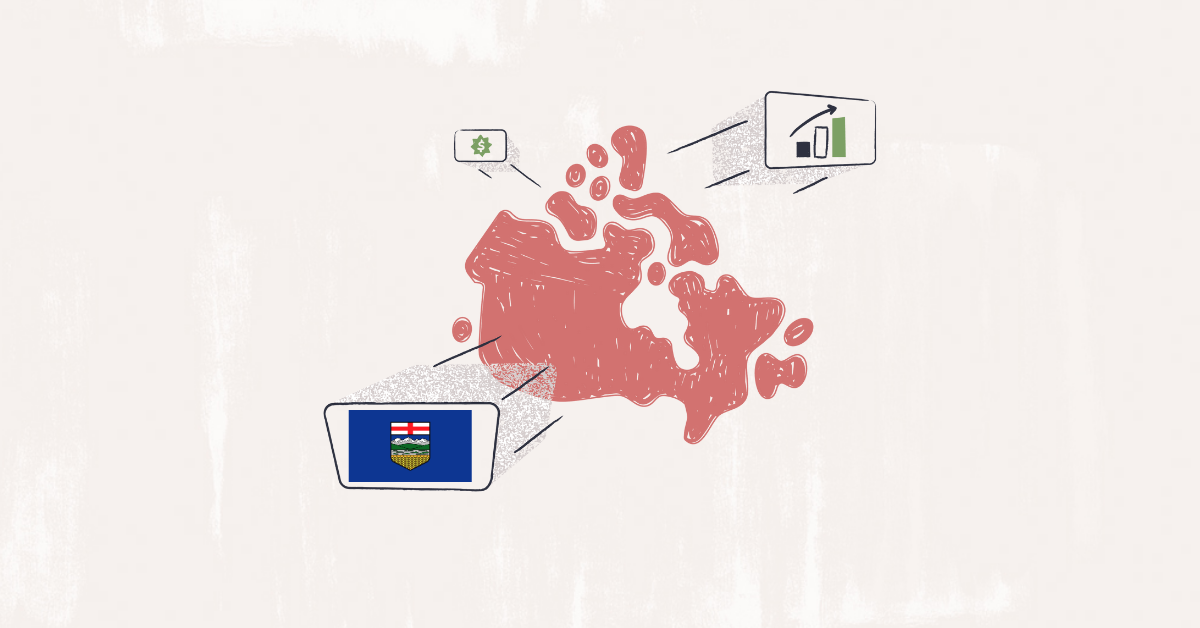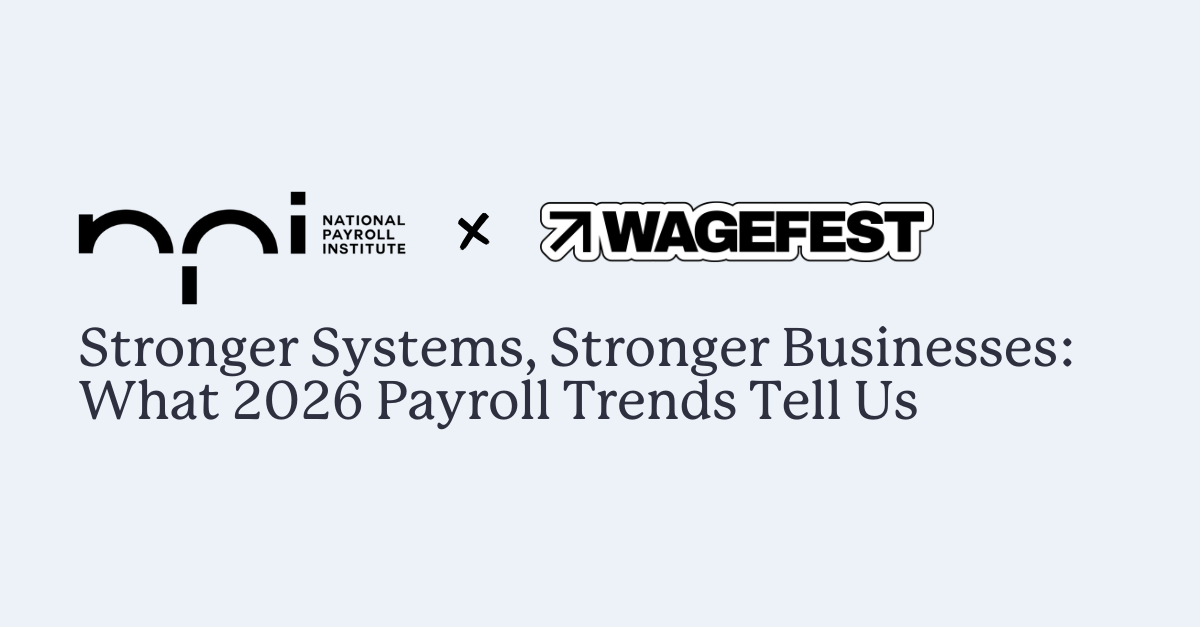Become an insider!
Get our latest payroll and small business articles sent straight to your inbox.
Cybersecurity is not something accounting professionals should skip out on or take lightly.
As financial guardians, you’re trusted with sensitive client information. Unfortunately, this makes you prime targets for cybercriminals looking for financial gain through data theft or ransomware attacks.
And don’t be fooled — the threat is real. In 2021, a staggering 60% of accounting firms faced a data breach or security incident, with victims experiencing significant financial losses, reputational damage and, in worst-case scenarios, legal penalties for regulatory non-compliance.
But fear not! With this article, we aim to give you the cybersecurity information you need to protect your valuable data while ensuring you comply with regulations in various jurisdictions.
Understanding cybersecurity for accountants.
At its core, cybersecurity for accountants is all about protecting financial data, client information and your firm’s digital assets from unauthorized access, theft or damage. Effectively defending against cyber threats starts with understanding the common risks faced by accounting professionals. Specifically, those who work with small businesses:
- Phishing: Phishing scams are deceptive websites, emails or messages designed to trick recipients into handing over login credentials or sensitive data. These digital scams rely on psychological manipulation to gain unauthorized access. An example to be on the lookout for is an urgent-sounding email stating something like, “IMPORTANT NOTICE: Your payroll information needs updating.” These kinds of messages are designed to make you act before pausing to verify where they’re coming from and if they’re real.
- Malware: Malicious software, such as viruses, worms and Trojans, that infiltrate systems, corrupt data and give cybercriminals the power and tools to gain control or steal information.
- Ransomware: Ransomware is a type of malware that encrypts files and data, effectively holding them hostage until a ransom is paid to the attacker, often in cryptocurrency.
- Social Engineering: Tactics that exploit human psychology and behavior to manipulate individuals into sharing confidential information or granting system access.
Familiarizing yourself and your team with these cyber threats is the first step towards implementing effective countermeasures and cultivating a culture of cybersecurity awareness within your firm.
Cybersecurity measures for accountants.
Just like you lock your physical office and filing cabinet when you leave at night, you should also protect your digital assets.
Cybercriminals are constantly evolving their tactics, looking for vulnerabilities in your system to exploit. Being proactive and not reactive when it comes to your cybersecurity is how you can stay one step ahead of these bad actors.
Here are some key cybersecurity measures every accountant should implement:
- Firewalls: Think of these as virtual bouncers. They control incoming and outgoing traffic based on predefined security rules, blocking unauthorized access attempts and any potential cyber threats. A well-configured firewall is relatively easy to set up and is a powerful first line of defense, preventing cybercriminals from accessing your systems and data.
- Encryption: Encryption encodes information into an unreadable format, ensuring that it remains secure and inaccessible without the proper decryption key even if someone else gets a hold of it. All sensitive data, whether saved in your systems or in transit via emails, file transfers, backups and mobile devices, should be encrypted. Encryption forms a virtually impenetrable security layer around your clients’ most confidential records.
- Intrusion Detection Systems (IDS): These sophisticated systems act as digital tripwires, constantly monitoring your network for activities or policy violations that might indicate a security breach. An effective IDS detects and alerts you to unauthorized access attempts, malware infections or insider threats, giving you a chance to respond, reduce the risk and contain the situation.
- Regular Audits and Vulnerability Assessments: Regular software audits and vulnerability assessments help address weaknesses in your firm’s cybersecurity stack before cybercriminals can exploit them. These evaluations provide a big-picture review of your security measures so you know when and what to update.
Putting these measures into play might sound daunting, but if you’re put off — think again. You should approach cybersecurity as an investment in your firm’s future. After all, a strong cybersecurity strategy is far more cost-effective than dealing with the aftermath of a successful cyberattack. By following best practices, these systems really aren’t that difficult to set up.
Data security best practices.
As accountants, the highly sensitive client information your firm handles ranges from financial records to tax documents, personally identifiable data like social insurance numbers and payroll-related information such as payroll data, payroll tax information and employee payroll details. As we’ve discussed, protecting this data should be one of your top priorities. Even a minor breach will have devastating consequences for your clients and your business.
Following these best practices will help make sure you’ve done what you can to protect your interests:
- Access Controls: Not everyone in your firm needs access to every piece of sensitive information. Put in place strict access controls and permissions based on roles and responsibilities. User access reviews should also happen regularly. This ensures that sensitive information remains safe and secure within your organization.
- Secure File Sharing: Emailing sensitive documents back and forth has significant security risks, potentially exposing your clients’ confidential information. Instead, use secure file-sharing platforms specifically designed to protect confidential data during transfers. These platforms employ heavy-duty encryption and access controls for the secure transmission of your client’s financial records and personal information.
- Backup and Recovery: While implementing security measures is crucial, unforeseen events like cyberattacks, system failures or natural disasters can still happen. Regular backups of critical data to a secure, off-site location are essential for rapid recovery and minimizing disruptions to your operations. If you experience a security breach, you can restore your systems from a clean backup. Meaning you can continue providing your services while also protecting your clients’ information.
Enhancing cybersecurity awareness.
Even with the best cybersecurity measures in place, your firm’s defences are only as strong as your weakest link — your employees. That’s why it’s crucial to build cybersecurity awareness through training and education.
Think of it this way: You wouldn’t trust an untrained amateur to handle your clients’ finances. So why would you let untrained staff handle sensitive data and digital assets?
Proper cybersecurity training takes your team from a liability to a cybersecurity asset.
Here are some key areas to focus on when training your accounting team:
- Recognizing Phishing Attempts: Phishing attacks are among the most common cyber threats. Train your staff to recognize the telltale signs of phishing attempts, such as suspicious email senders, urgent language and requests for sensitive information. Drill them to scrutinize every communication carefully until they can confidently, without fail, tell legitimate requests apart from scams.
- Strong Password Management: Weak or reused passwords are low-hanging fruit for cybercriminals. Educate your team on the importance of creating strong, unique passwords for every account, incorporating a combination of uppercase and lowercase letters, numbers and symbols. Stress the risks of reusing passwords across multiple platforms and consider using a secure password manager to simplify the process of creating and storing complex credentials.
- Multi-Factor Authentication (MFA): Multi-factor authentication adds another layer of security by requiring a second form of authentication beyond just a password, such as a one-time code sent to a registered device or a biometric factor like a fingerprint. Use MFA wherever possible, as it greatly reduces the risk of unauthorized access, even if login credentials are compromised.
Regular cybersecurity training sessions, awareness campaigns and simulated phishing exercises all help make sure your team is well-prepared to identify and not interact with a potential cyber threat or scam. By creating a culture of cybersecurity awareness within your firm, you help your employees defend against cyber threats proactively, which reduces the risk of costly breaches. Using HR systems with training, compliance and communication management capabilities could be a great help here.
Cybersecurity challenges in accounting.
While robust cybersecurity should be a top priority for businesses across all industries, accounting firms face a unique set of challenges that make implementing effective security measures especially critical.
The sensitive nature of the data handled by accounting professionals and the high-stakes potential consequences of a breach make it even more important to have a comprehensive cybersecurity strategy.
Type of data
One of the main challenges lies in the sheer volume and sensitivity of financial data that accounting firms possess.
From client tax records and social insurance numbers to bank account information and proprietary financial records, accountants safeguard a treasure trove of highly coveted data that is a big moneymaking target for cybercriminals seeking to commit financial fraud, identity theft or extortion.
Time-sensitive industry
Accounting firms are frequently targeted by sophisticated phishing campaigns and social engineering attacks.
These expertly designed scams prey on accounting work’s time-sensitive nature and the inherent trust placed in client communication. Cybercriminals may impersonate clients, vendors or even colleagues, attempting to trick staff into revealing login credentials, transferring funds to fraudulent accounts or granting unauthorized access to sensitive systems and data.
High stakes
Another significant challenge is the potentially catastrophic impact of a successful cyberattack or data breach. Clients trust accounting firms with their most sensitive financial information, expecting unwavering confidentiality and security.
As we’ve said, a breach of that trust inevitably has devastating consequences. They includes big financial losses, legal repercussions and irreparable reputational damage that can cripple even the most well-established firms.
Regulatory compliance
In addition, the accounting profession is subject to a complex web of regulatory compliance requirements. Think things like the Personal Information Protection and Electronic Documents Act (PIPEDA) in Canada, the General Data Protection Regulation (GDPR) in Europe, amongst other industry-specific guidelines. Not following these regulations generally results in hefty fines and penalties, adding to the financial impact of a cybersecurity incident.
Conclusion
We hope that after reading this article, you’re convinced of four things:
- How valuable the data that accountants handle is.
- How much hackers want to access and use that data for malicious purposes and financial gain.
- How hard they’re willing to work to access that data.
- How important it is that you have a cybersecurity strategy that prevents them from doing so.
You now should be ready to tackle cybersecurity measures like firewalls, encrypt your data, install IDS systems and regularly audit your systems so you can continually update and upgrade them.
We also hope you’re willing to adopt a proactive mindset to cybersecurity. Create a company culture of cybersecurity-trained and aware employees capable of protecting you, your business and your client’s sensitive, valuable, personal information.











